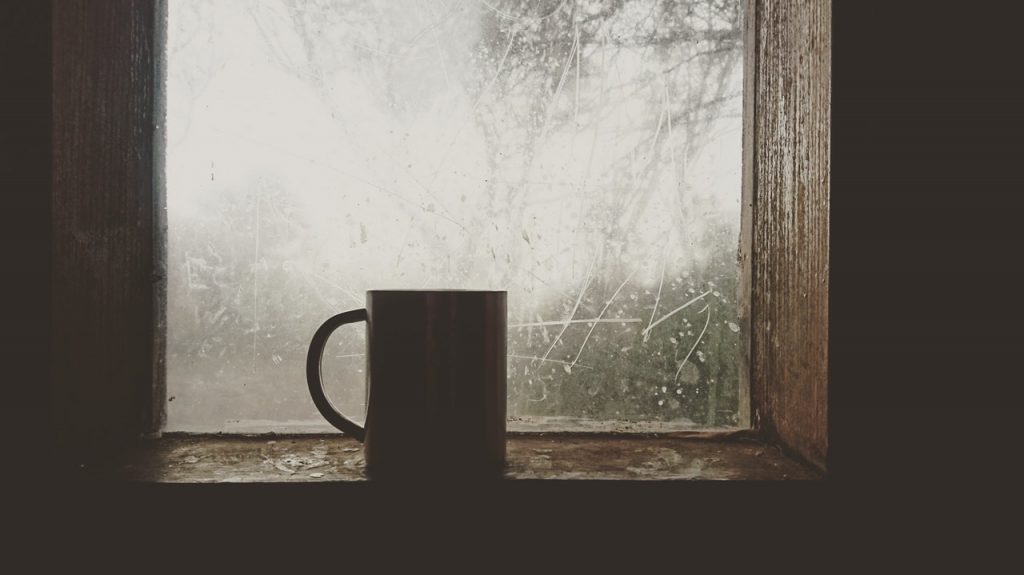Mold can be destructive to your property and extremely toxic to your tenants, not to mention detrimental to your profits and reputation as a landlord. To avoid these problems, let’s look at some mold prevention tips.

The air always contains a certain degree of mold; however, sometimes, this mold can grow rapidly and become a severe and potentially deadly nuisance.
In fact, it is estimated that millions of dollars are lost each year as a result of the effects of mold. If you own and/or operate multi-family or high-rise properties. It is the landlord’s responsibility to take care of mold issues. So let’s talk about how to prevent mold issues in your buildings.
Top Challenges
The buildings that you rent out experience numerous challenges that may lead to the development of mold. In order to prevent the development of mold, you must first be aware of these potential barriers to success. They are as follows:
- Poor Maintenance Due to Size
- Mismanagement of or Complete Absence of Appropriate Ventilation
- Vacant Units That are not Proactively Tended To
- Tenant Neglect
- Hidden Issues Surfacing from Past Ownership

Prevention Strategies
Now that you know the challenges that could lead to the development of mold, it is time to learn about the strategies that may be used by property management professionals of multi-family or high-rise units to prevent the invasion of the substance:
- Ensure that your buildings are protected against moisture, as this is the source of all mold developments. This means that gutters should be cleaned regularly, debris should be eliminated from roofs, and mold-resistant plastics should be used at the foundation.
- There are certain areas in and around your buildings that are more prone for developing mold than others. Be alert to these regions and inspect them regularly. Examples include the areas where water is emitted (kitchens, restrooms, pool areas, laundry rooms, etc.…), near the windows, near plumbing fixtures, and areas where leakage from rainwater may occur.
- Include a mold addendum to each rental agreement. This helps to ensure that if mold develops as a result of a tenant’s negligence or actions, they may be held accountable for repairs and may be evicted, if it is deemed necessary for the protection of the building and the other tenants that reside within the building. It is a good idea to ensure that tenants are provided with education about mold. You should expound on indoor humidity levels, how to spot unusual condensation, the proper method for reporting leaks and other types of water damage, and the steps to properly shutting off a water supply, should the need arise.
As a property management professional, you should take every measure possible to avoid the development of mold. Here, you have been provided with several effective techniques for protecting your buildings. For more information on property management, simply visit our blog today at: https://rentmedenver.com/blog/
